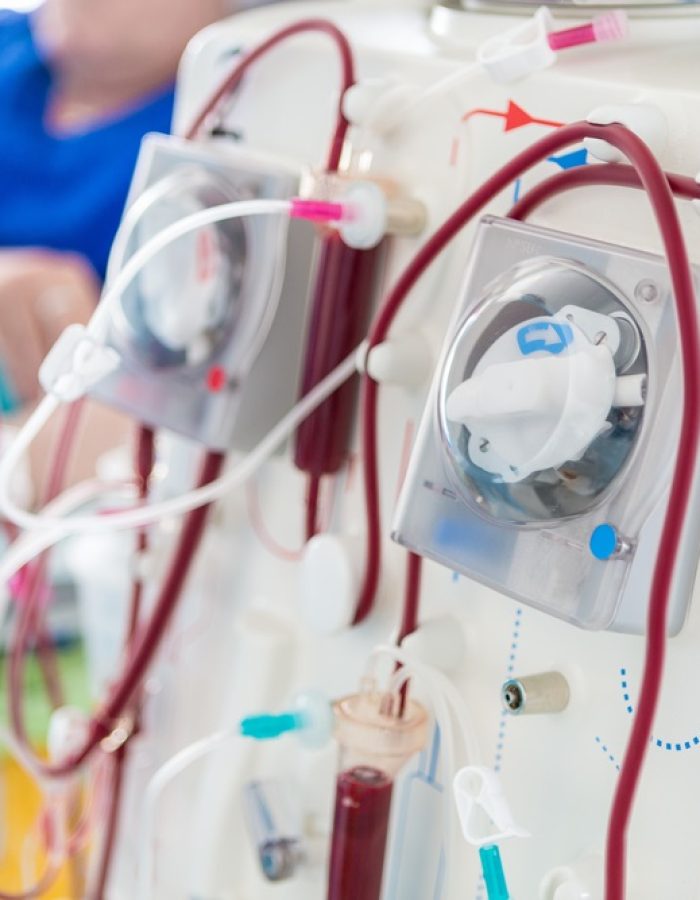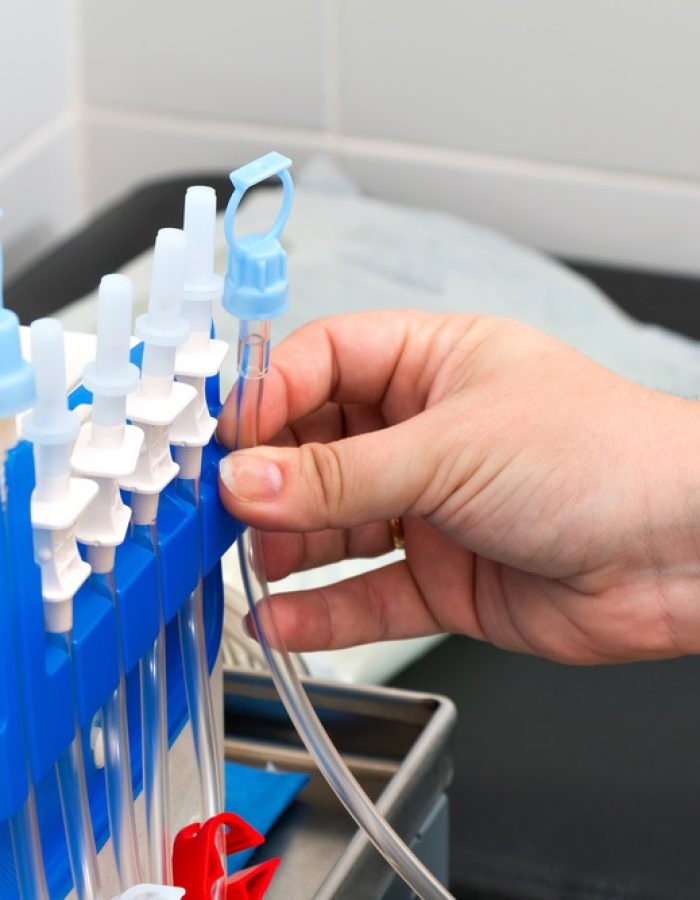
What is Peritoneal Dialysis ?
Peritoneal dialysis is a treatment for kidney failure that uses the lining of your abdomen, or belly, to filter your blood inside your body. Health care providers call this lining the peritoneum. You can choose the type of peritoneal dialysis that best fits your life:
- Continuous Ambulatory Peritoneal Dialysis (CAPD)
- Automated Peritoneal Dialysis
The main differences between the two types of peritoneal dialysis are
- The schedule of exchanges
- One uses a machine and the other is done by hand
If one type of peritoneal dialysis doesn’t suit you, talk with your doctor about trying the other type.

